Story Danielle Kress | Lettering Livy Long
Nursing is undergoing an extraordinary transformation, and the profession will never look the same. While nurses know this and see it in the work they do every day, there is a profound need to educate the public about a changing nursing landscape and expanding opportunities. Call it The New Script of Nursing. To help spread the word, the Johns Hopkins School of Nursing (JHSON) and the Hack/Stone Film Group created a video by that title revealing the broadening and depth of a profession that counts policy makers, risk takers, researchers, change agents—and doctors—among its numbers.
In The New Script, real nurses read a poem by Sandra Beasley. A companion video features candid outtakes, and as you scroll down you will meet nurse specialists who tell their stories for separate video vignettes. All can be viewed at WeGotThisNursing.org. In addition, Facebook.com/WeGotThisNursing offers nurses a place to share experiences that reflect a more contemporary and realistic view of today’s nursing, and what makes them say, “We Got This.”
The New Script is “brought to you by” JHSON but not branded as such because the message will go farther and have greater impact on advancing the profession if not “owned” but shared freely. It has been sent to nursing schools and associations worldwide and shared thousands of times by these organizations, linked by the hashtag #WeGotThis. Let the education begin.
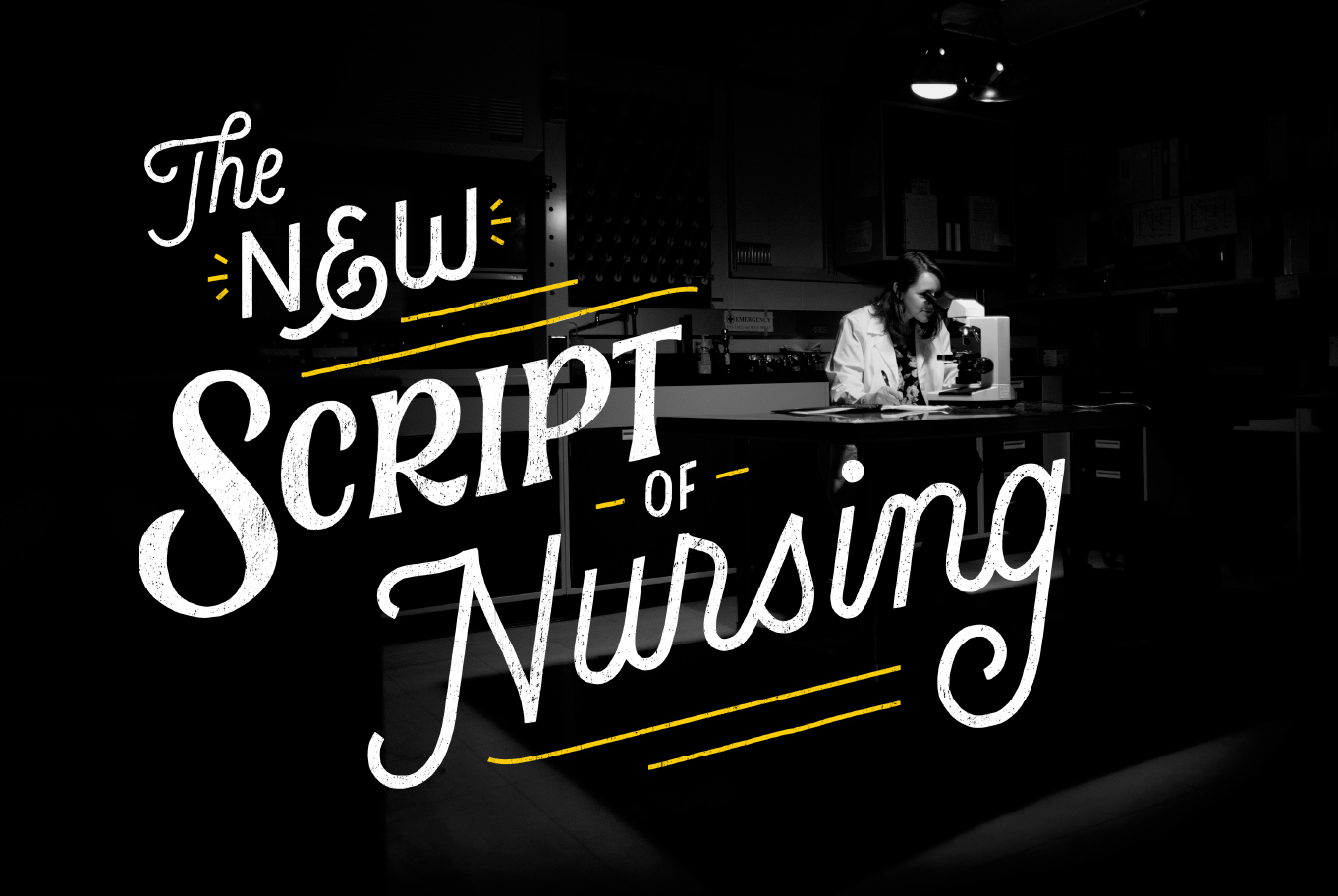

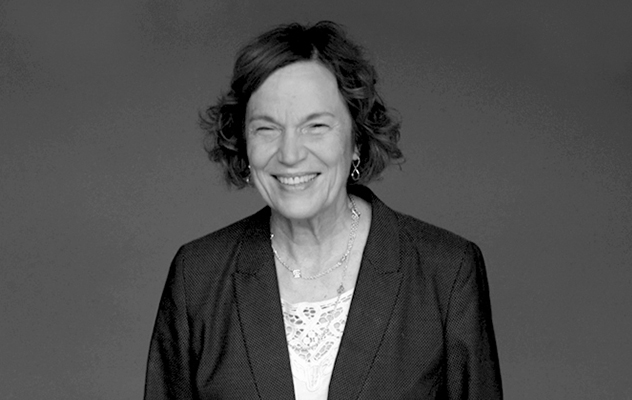
Professor Jacquelyn Campbell, PhD, RN, FAAN, is Anna D. Wolf chair and national program director of the Robert Wood Johnson Foundation Nurse Faculty Scholars Program.
“Eighty percent of the health care workforce in this world are nurses. We are making a difference everywhere and in every community. In terms of my research and policy work, I’ve been able to testify before Congress. I’ve been a part of several National Academy of Medicine committees on violence. I’ve been part of many policy endeavors around preventing and reducing violence. I’ve also been a consultant for the Centers for Disease Control, for the National Institute of Health. The best thing about what I do is the fact that I feel like we’ve really made a difference in terms of improving the safety and health of abused women and other victims of violence in this country. When you are in an abusive relationship, there is an incredible stress that affects your mental health and your physical health in many complex ways and this is why health care providers need to do a better job of responding to domestic violence both in terms of women’s safety and also in terms of their health.”
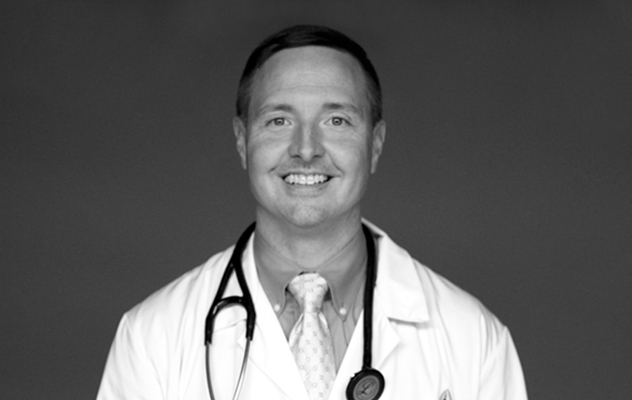
Associate Professor Jason E. Farley, PhD, MPH, ANP-BC, AACRN, FAAN, is director of the REACH Initiative, co-director clinical core of the Hopkins Center for AIDS Research, and president of the Association of Nurses in AIDS Care.
“Everyone deserves care grounded in current evidence. For diseases like HIV and tuberculosis, and sexually transmitted infections, clinical acumen and translatable evidence isn’t enough. Clinicians must also understand the confluence of social determinants of health, stigma, discrimination, along with financial barriers to access and retention to fully engage with the community and achieve measurable success. MiLinc is a linkage care application that I invented with emocha Mobile Health, Inc. We developed this application in South Africa to link patients with drug-resistant forms of tuberculosis into care. We’ve been able to be successful in implementing that across South Africa.”
“Eighty percent of the health care workforce in this world are nurses. We are making a difference everywhere and in every community.”
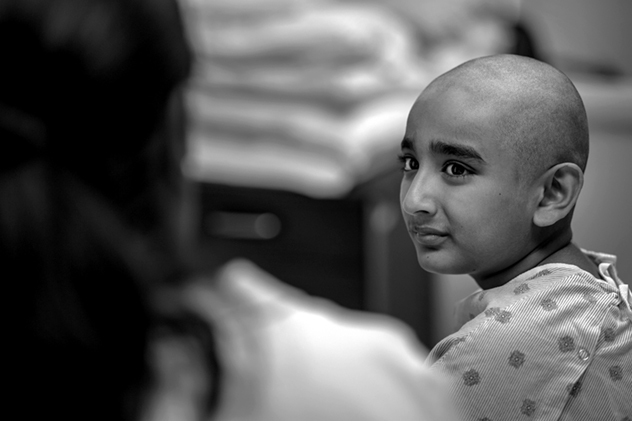
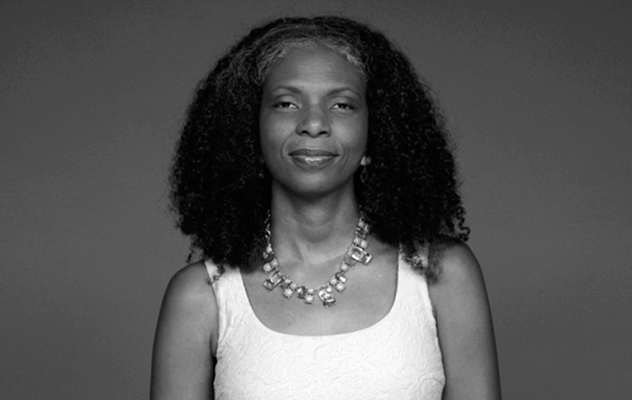
Kamila Alexander, PhD, MPH, RN, is an assistant professor focused on sexual health and intimate partner violence.
“I had not thought about nursing at all before I went to the Peace Corps. I knew I wanted to do something in health care, but nursing called my name because I was placed in this wonderful village [in Ecuador] and worked with this wonderful woman named Doris and decided that I wanted to make that my passion and my life. … I know that my research is important and has huge implications for the health of women and their families. What I’ve found is the majority of the people that I work with really, really want to be healthy. And once we just adopt an approach that allows people to live the way that they want, but also provides opportunities and strategies for health, then we’ll just be better off as a society as a whole.”
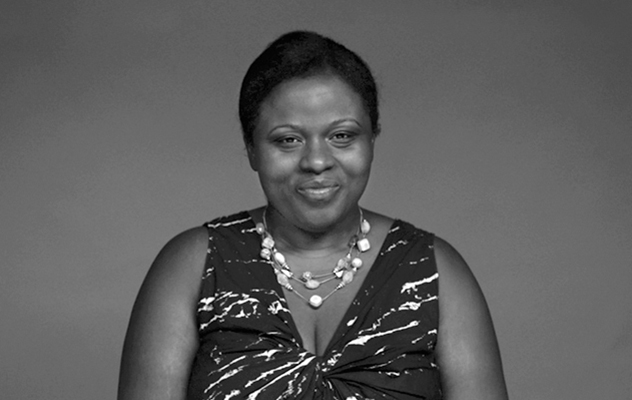
Lucine Francis, RN, is a PhD candidate researching childhood obesity and its effects later in life.
“Typically when you tell someone you’re a nurse, they think, ‘Well what floor do you work on?’ And I tell them, ‘Well, I work on the floors of Baltimore City streets.’ So nurses, we’re found everywhere. We’re found in the hospital, in community health clinics, we’re found knocking on people’s doors, educating them about health. Young children who are obese are more likely to be obese in their adulthood. They’re more likely to have chronic health issues and also psychosocial issues like depression. Dealing with these chronic health issues takes a tremendous economic toll on our health care system and so it’s important for us to address this early on. So for me, success is being able to do work that’s meaningful and can actually translate to changes in our community.”
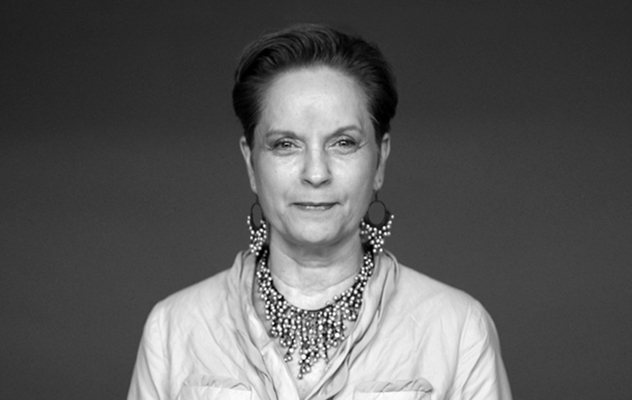
Professor Cynda H. Rushton, PhD, RN, FAAN, is Anne and George L. Bunting Professor of Clinical Ethics.
“We lose some of our best nurses to moral distress. … In my day-to-day life, I teach nurses about ethical issues in nursing practice, and I work with them to see how important ethics is as a foundation for our profession. I’m an edge runner—pushing the envelope in education, practice, and policy to make ethics part of everything nurses do. It’s not an afterthought but the fundamental grounding of our discernment, action and advocacy. … Nursing is a career that rewards you over and over again. I didn’t make a lot of plans. I just said ‘yes’ a lot. My advice to nursing students is be who you really are and go for it. We are with you. We want the best for you.”

“We need to invest in the well-being of nurses. … Nursing is a career that rewards you over and over again.”
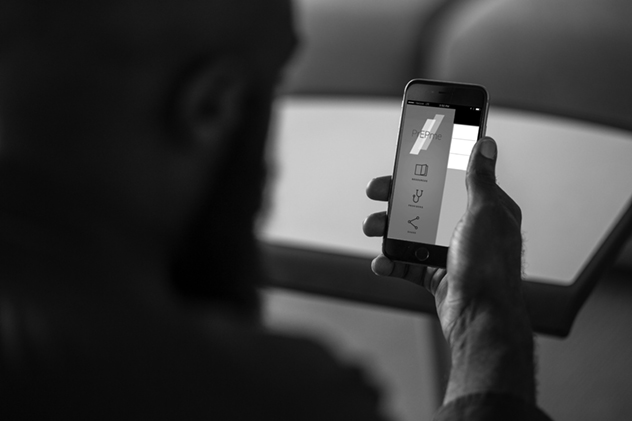
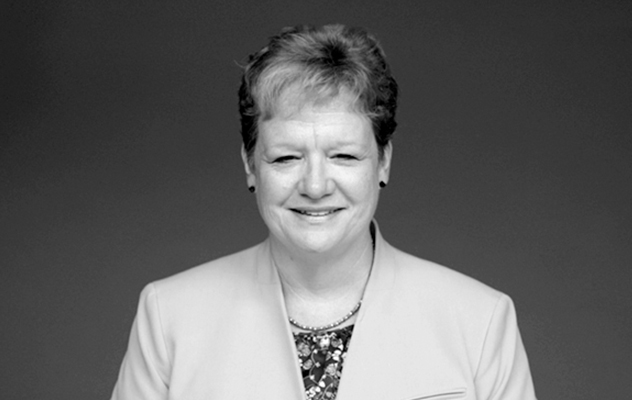
Deborah Baker, DNP, CRNP, is senior vice president for nursing for the Johns Hopkins Health System and vice president of nursing and patient care services for the Johns Hopkins Hospital.
“I am in charge of nursing and nursing practice. It’s an incredibly meaningful position. People don’t realize how many nurses are involved in the decision making in large hospitals and clinics and are really critical to how those businesses succeed. My role as a leader is to help other nursing leaders and nurses and nursing staff, physicians, administrators, everyone who touches patients to do the best job they can do every day to make that patient experience as smooth as possible.”
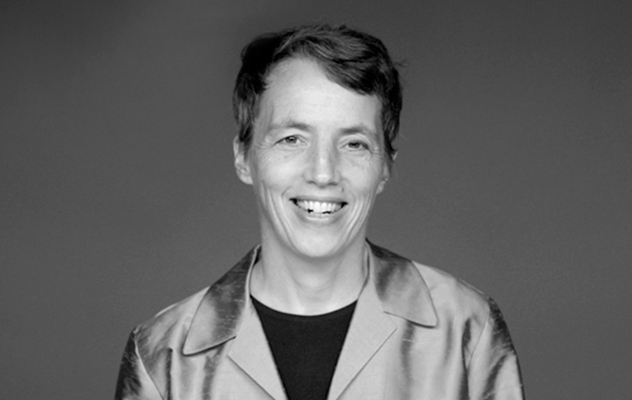
Associate Professor Sarah L. Szanton, PhD, ANP, FAAN, is director of the PhD Program and the force behind CAPABLE, a program that helps older adults age independently at home.
“I fell in love with nursing and that therapeutic exchange of being with another person who is in some sort of situation where they need help. … [CAPABLE is] a nurse, an occupational therapist, and a handyman for a time-limited period, four months. We have so many older adults and we’re getting more and more as the demographic shift happens. In addition to supporting self-management of chronic diseases, caring for older adults means addressing their home environment and physical function. Through the CAPABLE program, I help older adults set and meet the goals they want for their life and health.”
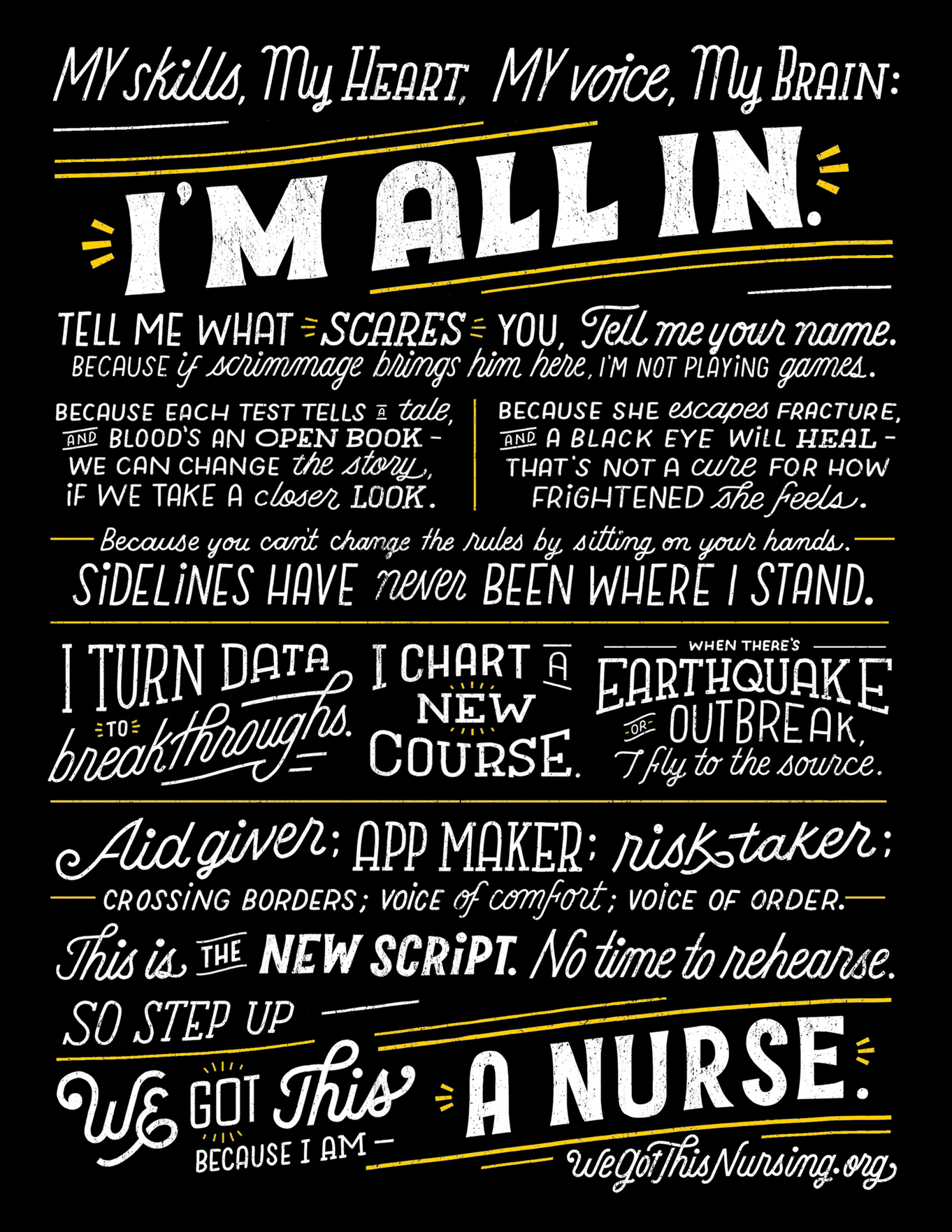
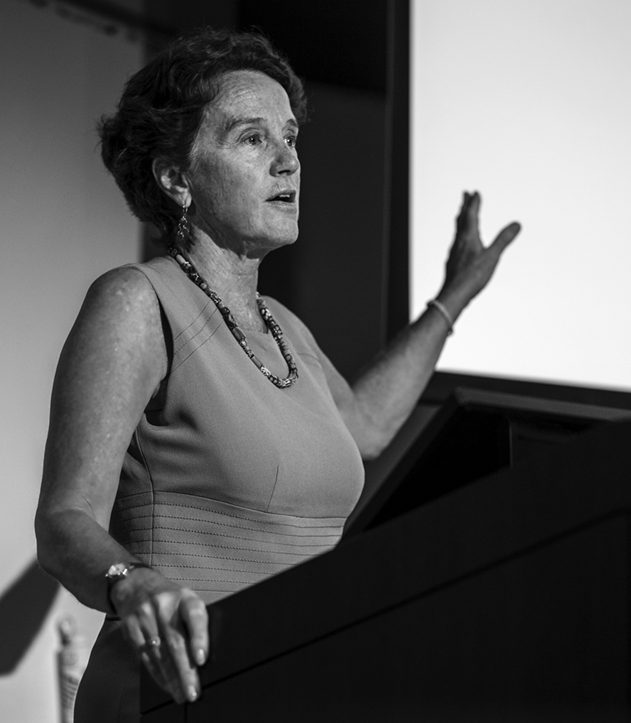
Tell Us How ‘You Got This’
You’ve just read a selection of stories from Hopkins Nurses. Please take a few moments to share your own story at Facebook.com/WeGotThisNursing. (It might wind up being featured at WeGotThisNursing.org.) Or spread the word on other social media using the hashtag #WeGotThis.
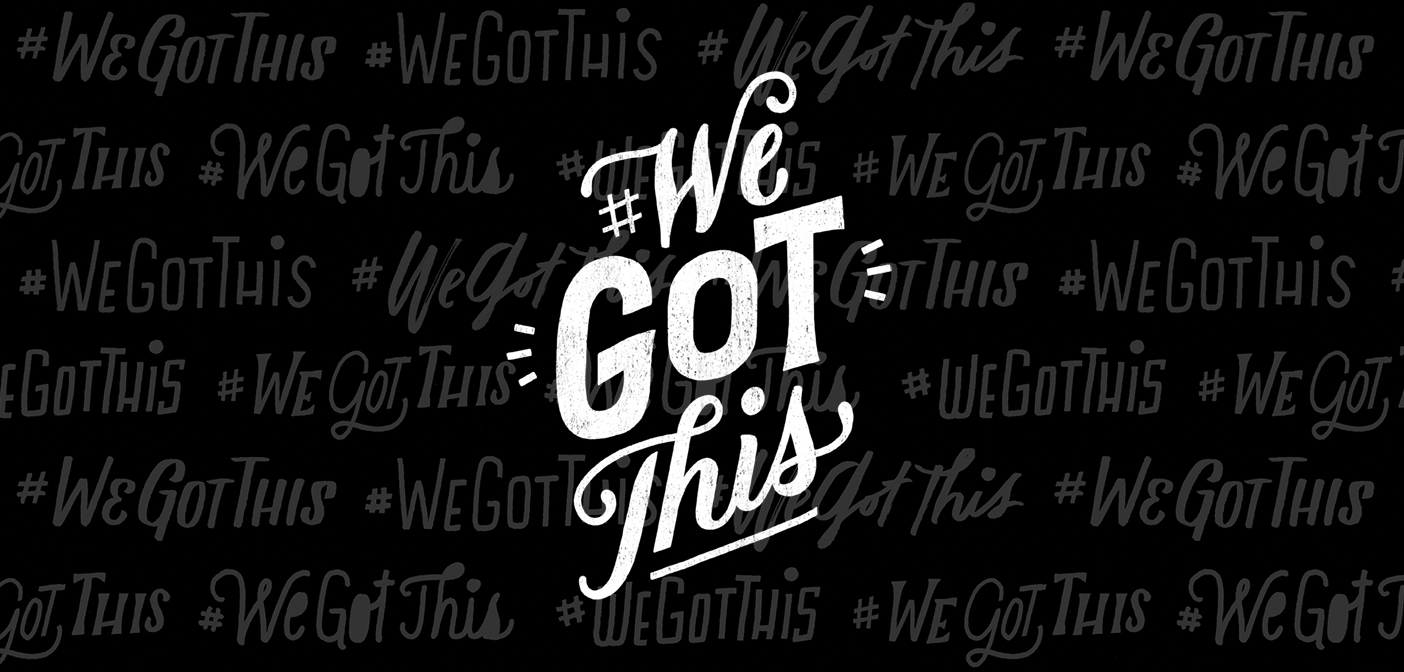
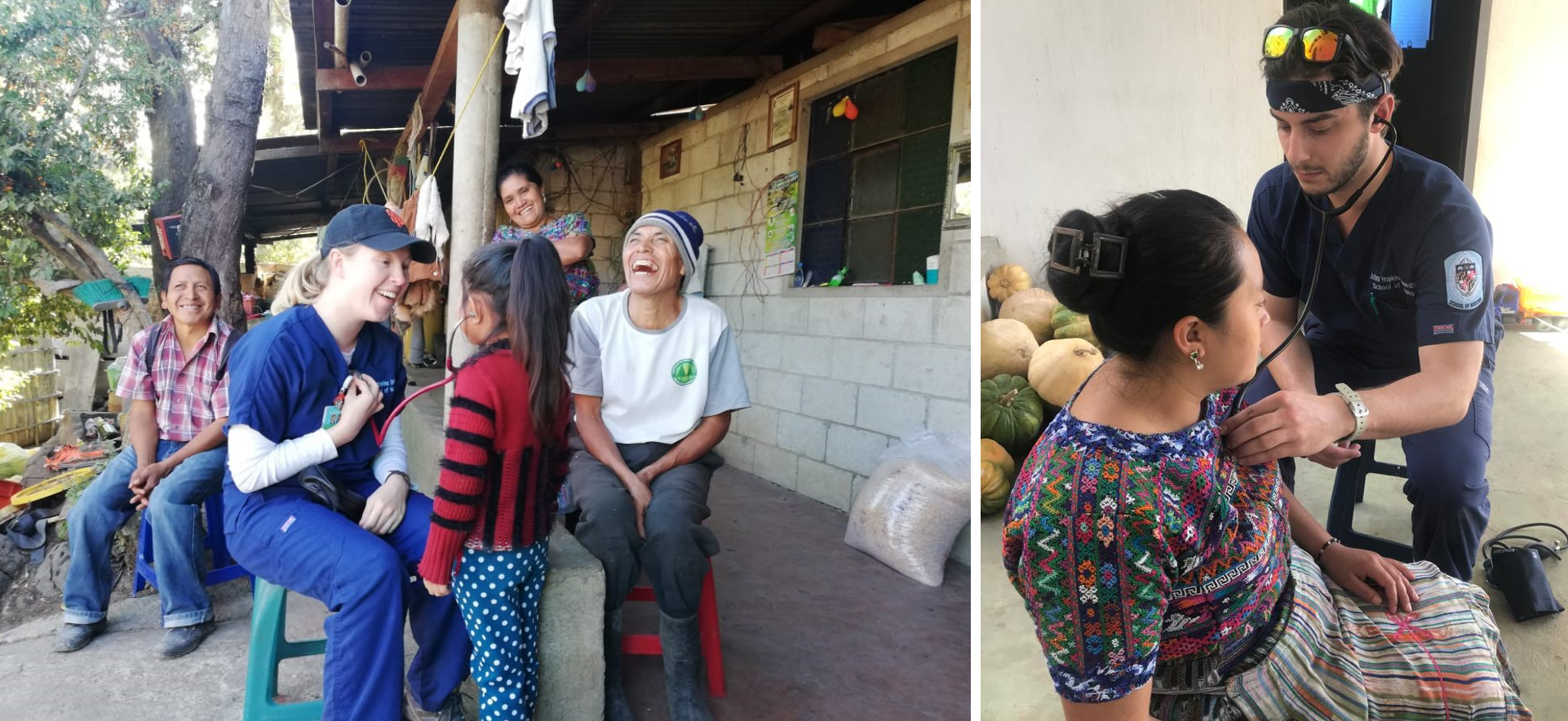 Guatemala Re-visited: Rainwater Project Shows Value of Service-learning Trips
Guatemala Re-visited: Rainwater Project Shows Value of Service-learning Trips You’re Welcome
You’re Welcome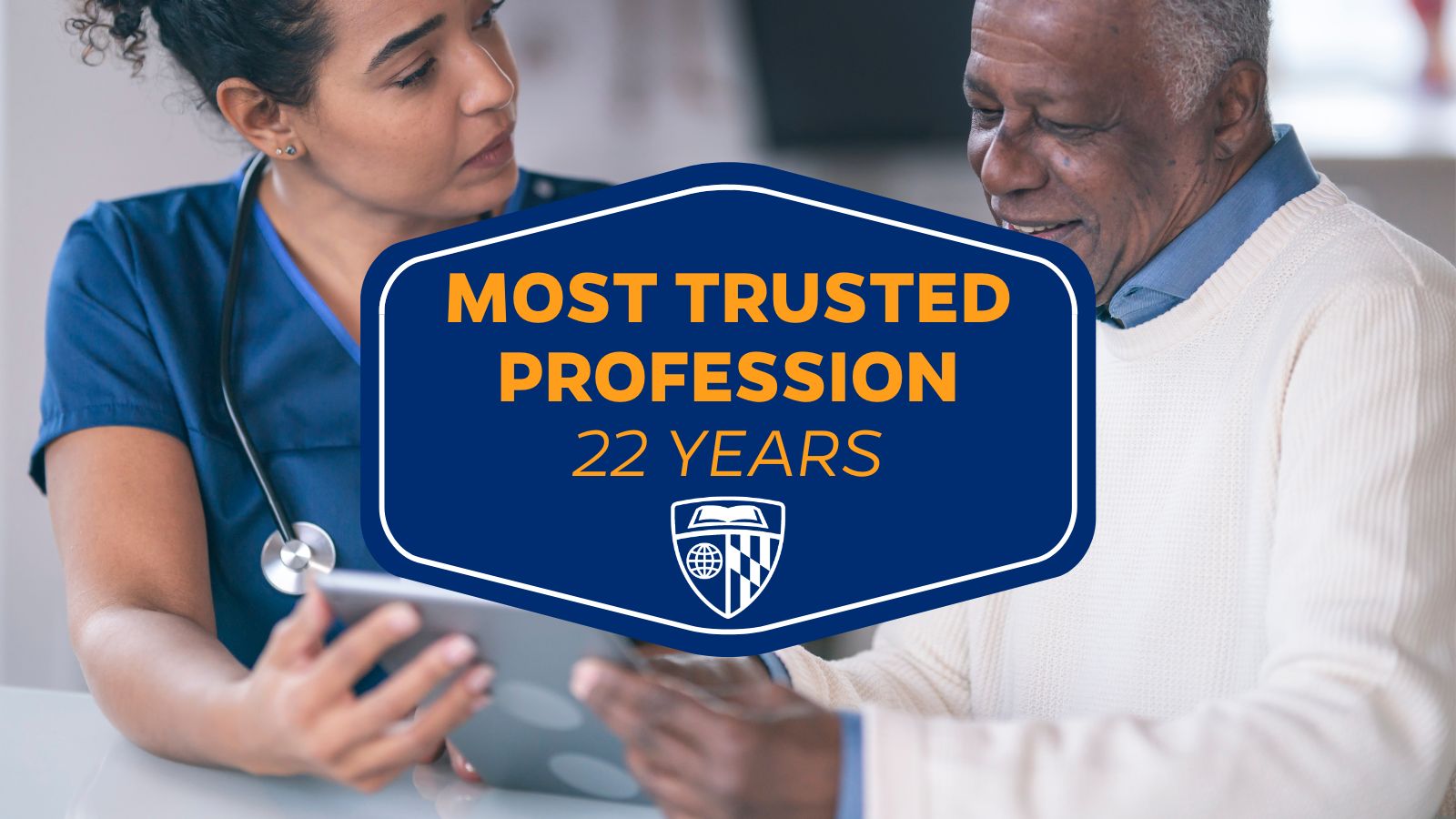 Nursing Named Most Trusted Profession for 22nd Consecutive Year
Nursing Named Most Trusted Profession for 22nd Consecutive Year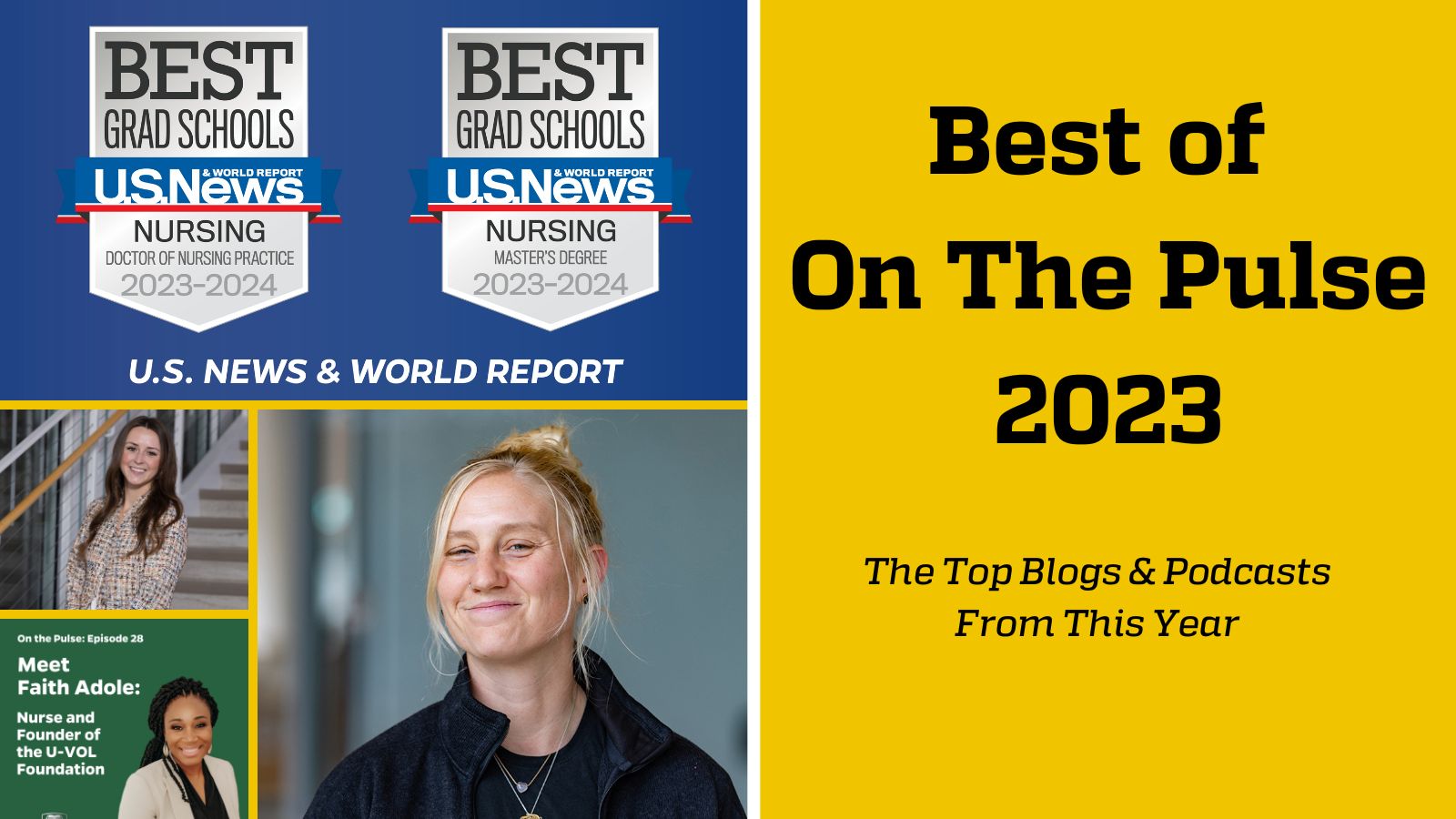 Best of On The Pulse 2023
Best of On The Pulse 2023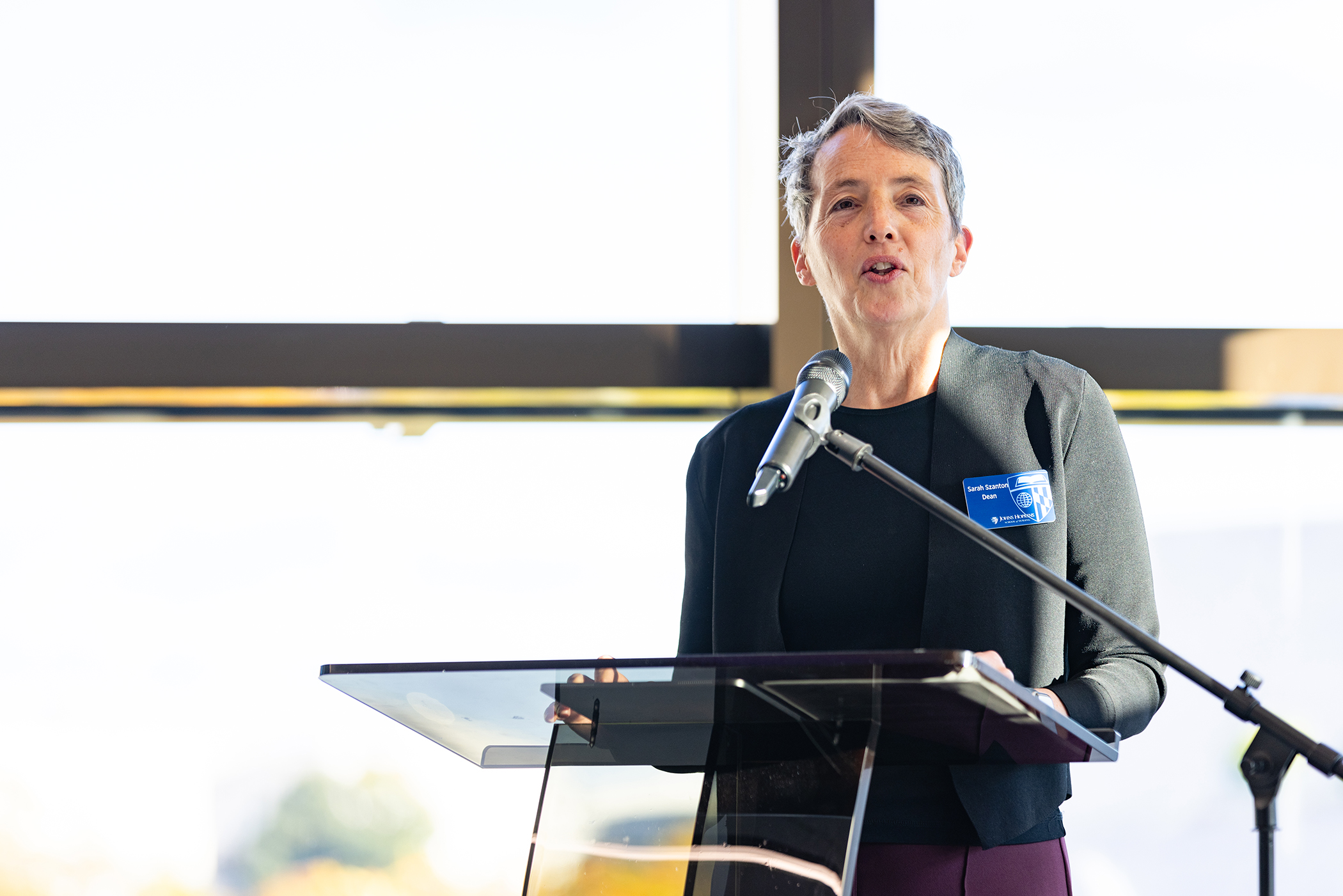 From the Dean: Here & Now
From the Dean: Here & Now







